The University of Mississippi is proud to be an R1 research institution – or one of ‘very high research activity’ – as designated by the Carnegie Classification of Institutions of Higher Education. We are one of only 131 institutions in the U.S. with this top classification.
FACULTY RESEARCH INTERESTS
Our faculty, graduate students and undergraduates undertake a wide variety of research and pursuits.
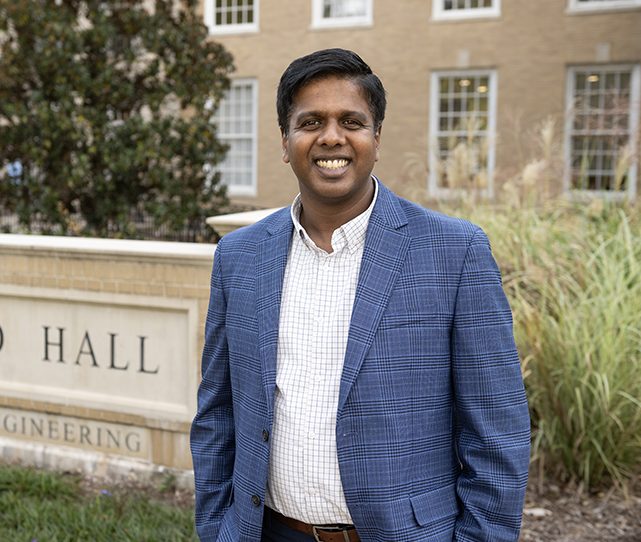
Dr. Thomas Oommen, Chair
- Liquefaction susceptibility evaluation at local and regional scales using in-situ measurements and remote sensing observations
- Estimating liquefaction induced damage such as lateral spread displacement
- Transportation Geotechniques
- Documenting earthquake induced damages, especially liquefaction using aerial/satellite images that are sensitive to surficial moisture
- Geotechnical asset monitoring
- Machine Learning
 Dr. Ron Counts
Dr. Ron Counts
- dynamics behind the paleoenvironmental changes and landscape evolution that occurs due to natural geologic process
- gradual and abrupt climatic fluctuations
- neotectonics and anthropogenic activities
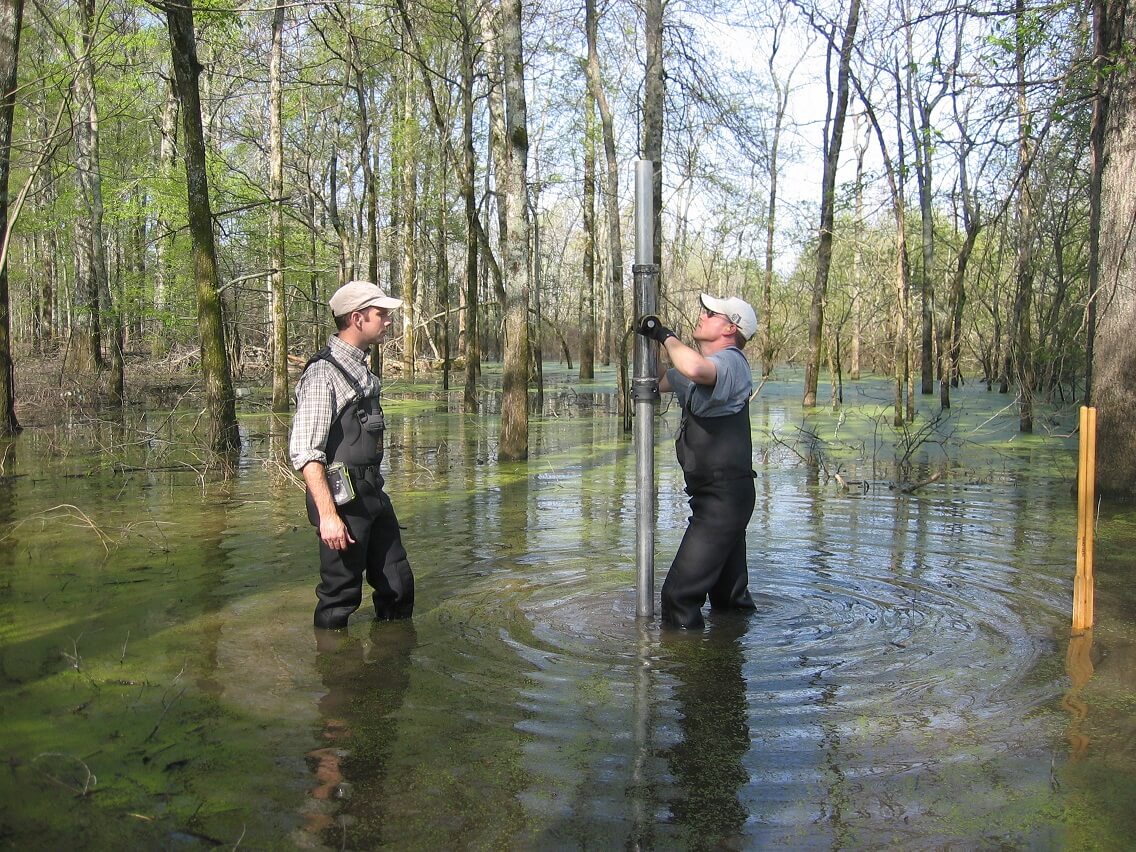 Dr. Gregg Davidson
Dr. Gregg Davidson
- Hydrogeology
- Surface water / Groundwater interaction
- Groundwater recharge in floodplains
- Isotope geochemistry
- Wetland hydrology
- Seepage beneath levees
- Ecohydrology
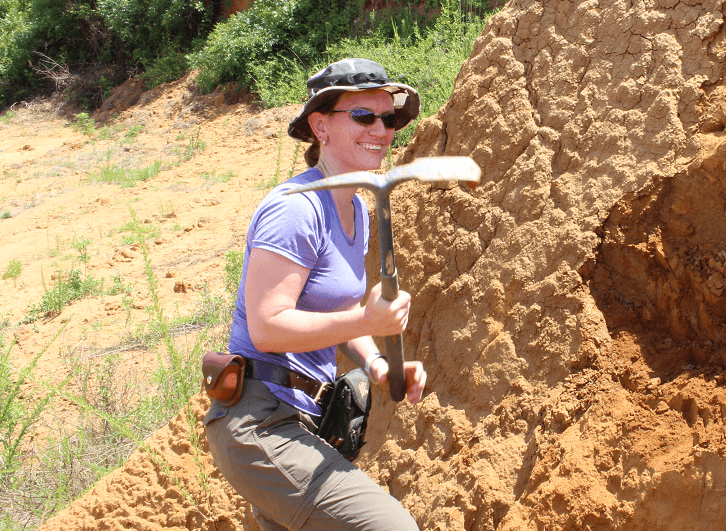 Dr. Jennifer Gifford
Dr. Jennifer Gifford
- Geologic mapping, geochronology and geochemistry of the Bighorn mountains, Wyoming
- Geologic evolution of the Mississippi river using detrital zircons to trace provenance and drainage patterns
- Tectonics and geologic history of the Medicine Hat Block, Montana & Canada using geochronology and geochemsitry
- Tectonic history of Laurentia and the formation of the Wyoming craton
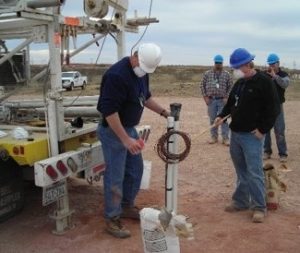 Dr. Robert M. Holt
Dr. Robert M. Holt
- Geological sequestration of CO2
- Impact of wetted-phase structure on geophysical properties in porous media
- Non-ideal transport processes in porous and fractured media
- Non-continuum approaches for modeling multiple-phase flow and transport
- Geologic controls on hydraulic properties and flow and transport processes
- Flow and transport processes in heterogeneous saturated and unsaturated porous and fractured media
- Limitations of parametric models in hydrology, including both deterministic and stochastic models
- Geologic and hydrogeologic characterization for nuclear and hazardous waste disposal
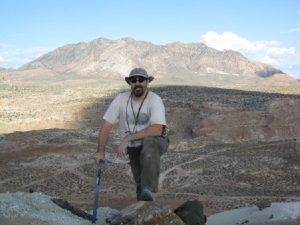 Dr. Brian F. Platt
Dr. Brian F. Platt
- Sedimentology
- Stratigraphy
- Ichnology
- Paleopedology
- Soils
- Mississippi Embayment geology
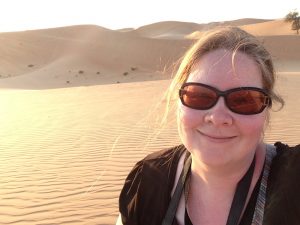 Dr. Julie Retrum
Dr. Julie Retrum
- Quaternary Paleoclimate Reconstructions
- Carbonate Geology
- Geochemistry, stable isotopes and trace elemental analyses
- Geochronology, Uranium-series dating
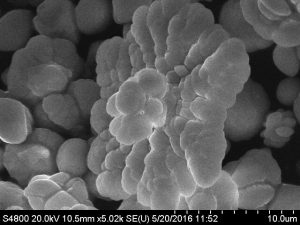 Dr. Inoka Widanagamage
Dr. Inoka Widanagamage
- Non-traditional stable isotope analysis as a proxy for Early Earth conditions and extraterrestrial materials
- Crystal formation and diversity in morphology
- Water quality/ICP-OES analysis on trace and heavy metals on geological substrates
- Environmental education
- Precambrian research revealing tectonic history
- Petrology and mineralogy
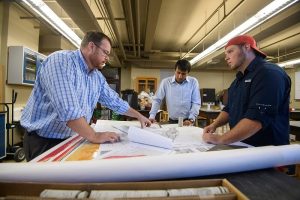 Dr. Lance Yarbrough
Dr. Lance Yarbrough
- Geohazard investigation and remediation
- Energy/materials exploration and infrastructure management/optimization
- Geospatial information science and technology
- Small unmanned aerial systems with sensor integration
- Geoscience/engineering education
FOCUS AREAS
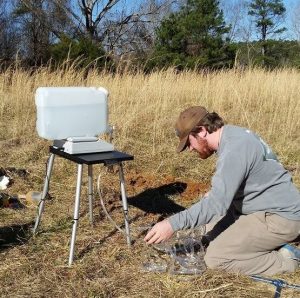 Hydrogeology
Hydrogeology
Unsaturated zone processes, vadose zone processes, groundwater modeling, surface-groundwater interaction, contaminate transport, isotope geochemistry, wetland processes, waste disposal, dam and levee hydrology
Robert Holt
Gregg Davidson
Andrew O’Reilly
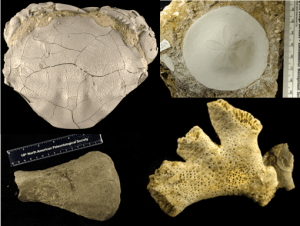 Paleontology
Paleontology
Study of ancient life, ancient soils, and ancient climate, with a focus on the Gulf Coast region of the US.
Louis Zachos
Brian Platt
Julie Retrum
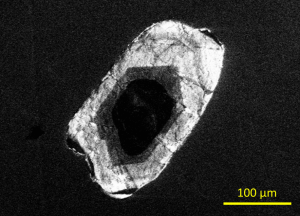 Tectonics, Geochronology & Geochemistry
Tectonics, Geochronology & Geochemistry
Radiogenic isotope geochemistry, zircon geochronology, thermochronology, petrology of igneous and metamorphic rocks
Jennifer Gifford
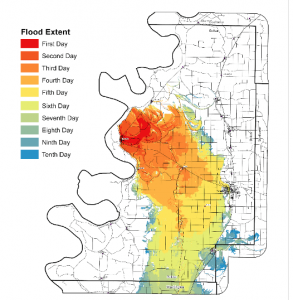 Environmental Geology
Environmental Geology
Mapping of geologic features and hazards using tools including traditional field measurements, GPS and GIS, and remote sensing.
Louis Zachos
Greg Easson
Lance Yarbrough
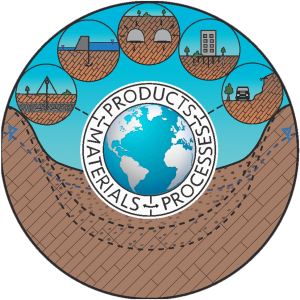 Engineering Geology & Geological Engineering
Engineering Geology & Geological Engineering
Our research in this focus area combines three distinct areas of interrelated fields of research exploring novel, effective and accurate methods to improve the geo-engineering process: mapping, testing/characterization, and design.
Adnan Aydin
Lance Yarbrough
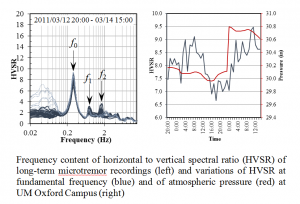 Engineering Geophysics
Engineering Geophysics
Our research in this focus area primarily seeks to improve field surveying and data interpretation methods of active and passive seismic exploration.
Adnan Aydin
Ron Counts
Ichnology of Continental Environments
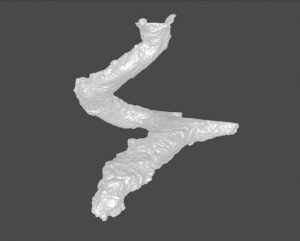
Our research involves the study of trace fossils in ancient continental environments as informed by neoichnological research in laboratory and modern continental field settings. Methods employed include traditional field and lab observations, GPR, soil coring, petrography, and 3D laser scanning.
Brian Platt
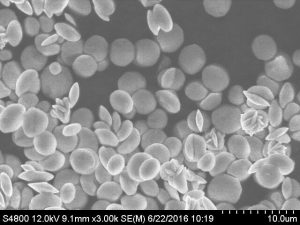 Trace metal Geochemistry, Environmental isotopes, Bio-mineralization and environmental Mineralogy
Trace metal Geochemistry, Environmental isotopes, Bio-mineralization and environmental Mineralogy
Our research goals intersect among trace metal geochemistry/isotope geochemistry and bio-geochemistry of environments. Our goal as scientists is to investigate how the microbial world affects and drives metal cycling in both modern and ancient environments.
Inoka Widanagamage
Gregg Davidson
Andrew O’Reilly
OUR RESEARCH CENTERS
Mississippi Mineral Resources Institute (MMRI)
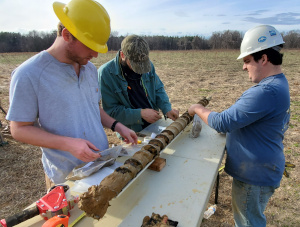 MMRI provides both the public and private sectors with expertise needed to make responsible decisions regarding Mississippi’s and the nation’s mineral resources and environmental well-being. One project, for example, explores the recovery of Gulf ecosystems after the unprecedented flooding of the Mississippi River in 2018 and 2019.
MMRI provides both the public and private sectors with expertise needed to make responsible decisions regarding Mississippi’s and the nation’s mineral resources and environmental well-being. One project, for example, explores the recovery of Gulf ecosystems after the unprecedented flooding of the Mississippi River in 2018 and 2019.
MMRI website
National Center for Computational Hydroscience and Engineering (NCCHE)
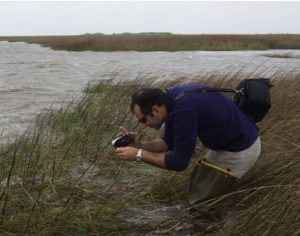 NCCHE fosters the growth of research in computational hydroscience and engineering to conserve soil and water, model impacts of failure of dams and/or levees and develop tools to assist researchers and scientists in the field. For example, it has developed software that quickly calculates the spread of flood water in case of dam or levee breaches.
NCCHE fosters the growth of research in computational hydroscience and engineering to conserve soil and water, model impacts of failure of dams and/or levees and develop tools to assist researchers and scientists in the field. For example, it has developed software that quickly calculates the spread of flood water in case of dam or levee breaches.
NCCHE website
![]() Helpful info
Helpful info